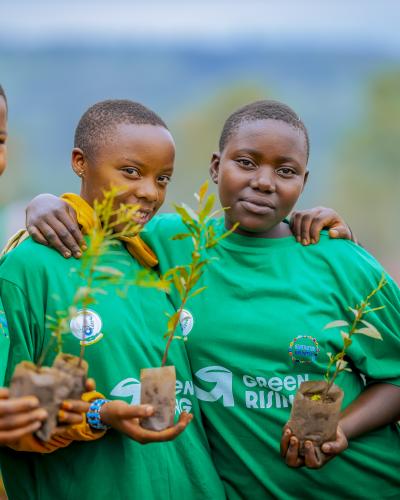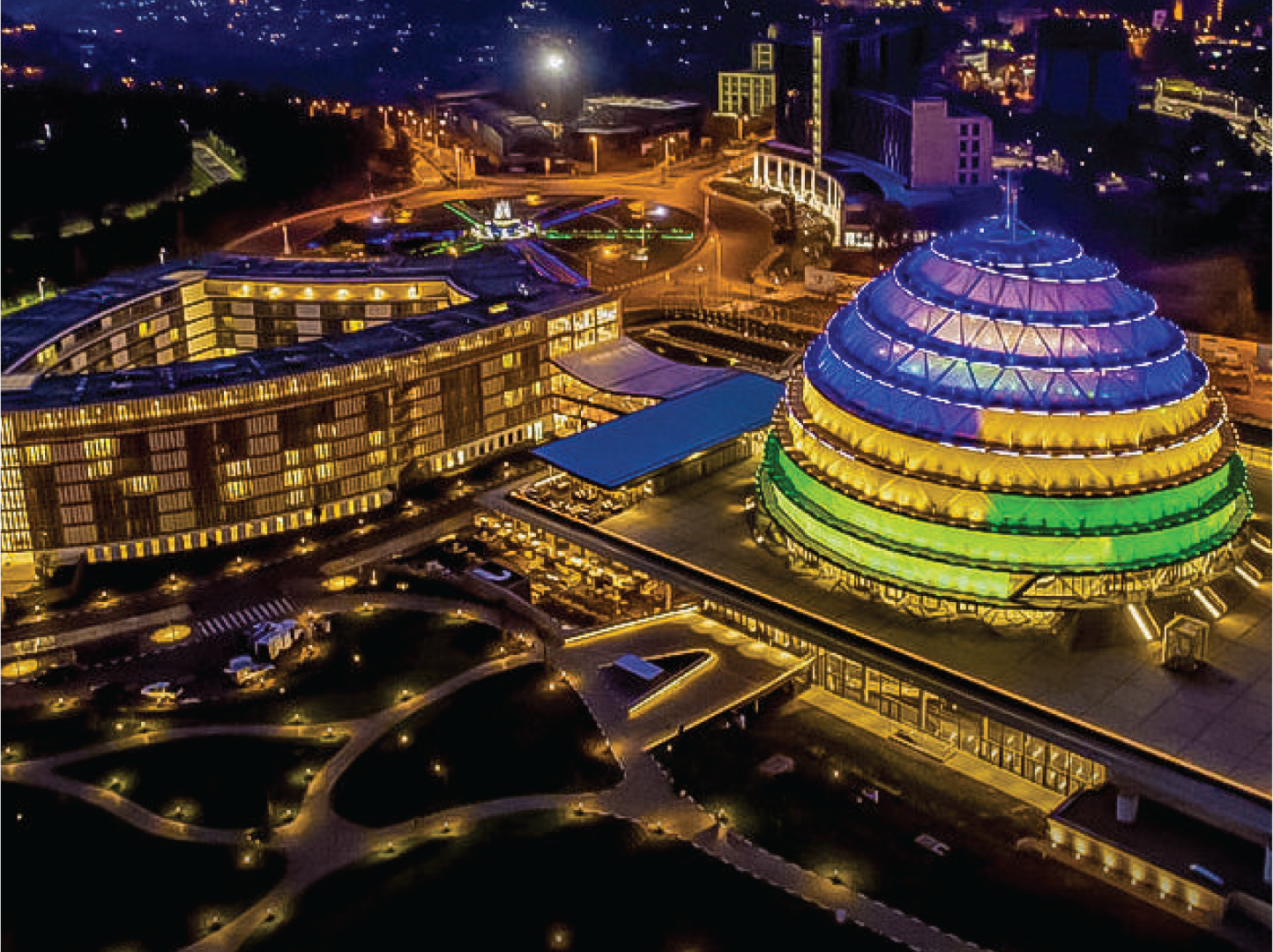UNCT Annual Results Report 2024

As we reflect on 2024, Rwanda’s journey of resilience, innovation, and inclusive development stands as a testament to its unwavering commitment to transformation. Despite global uncertainties and regional challenges, the country has continued to push forward, registering economic growth, strengthening governance structures, and enhancing social services to ensure that no one is left behind. The United Nations in Rwanda has remained steadfast in its partnership, aligning efforts with national priorities to advance sustainable development and human dignity.
This year, we witnessed significant milestones that define Rwanda’s trajectory. One of the key highlights of 2024 was the smooth and peaceful Parliamentary and Presidential elections, demonstrating Rwanda’s strong commitment to democracy, governance, and national stability. Additionally, the launch of the 2nd National Strategy for Transformation (NST2, 2024-2029) set an ambitious path toward economic progress, human capital development, and efficient service delivery. The United Nations contributed to shaping NST2 through three catalytic papers focused on Resilience; Poverty Reduction; Private Sector Development and Youth Employment.
For the UN Country Team (UNCT), 2024 was a year of fruitful deliberations on the new Cooperation Framework (2025-2029), which aligns with NST2 and serves as a strategic blueprint to drive progress under the three pillars of Economic Transformation, Social Transformation, and Transformational Governance. However, the year was not without challenges. In August, the country faced an mpox outbreak, followed by the Marburg Virus Disease (MVD) outbreak in September, which was successfully contained and declared over on December 20, 2024, after 42 consecutive days without new cases, in accordance with WHO guidelines.
UN Rwanda, in close collaboration with the Government and Development Partners, played a pivotal role in the rapid containment of these outbreaks, marking one of the key milestones of the year. Challenges also ranged from public health emergencies to the impacts of climate change. The UN played a crucial role in mitigating these crises, supporting disaster preparedness, strengthening the healthcare system, and promoting climate-smart agriculture to enhance resilience among communities. Additionally, through multi-sectoral collaborations, we worked to improve economic inclusion for vulnerable populations, particularly women, refugees, and small-scale entrepreneurs.
One of the defining aspects of our partnership with Rwanda has been the ability to innovate and adapt. The adoption of digital solutions, expansion of sustainable financing models, and integration of data-driven decision-making have strengthened development outcomes. This report is not just a reflection of past achievements but a reaffirmation of our shared aspirations. As we move forward, our focus remains on deepening partnerships, jointly mobilizing resources to finance development programs at scale and at an upstream level and accelerating the achievement of the Sustainable Development Goals (SDGs). Rwanda’s progress is a powerful reminder that transformation is possible when vision, leadership, and collaboration converge.
I extend my deepest gratitude to the Government of Rwanda, Development Partners, Civil Society, the Private Sector, and the People of Rwanda for their unwavering commitment to sustainable development. Let us continue this journey together, ensuring that every effort we make today builds a prosperous, inclusive, and resilient future for all.
Enjoy the read!
Ozonnia Ojielo
The UN Resident Coordinator in Rwanda





















